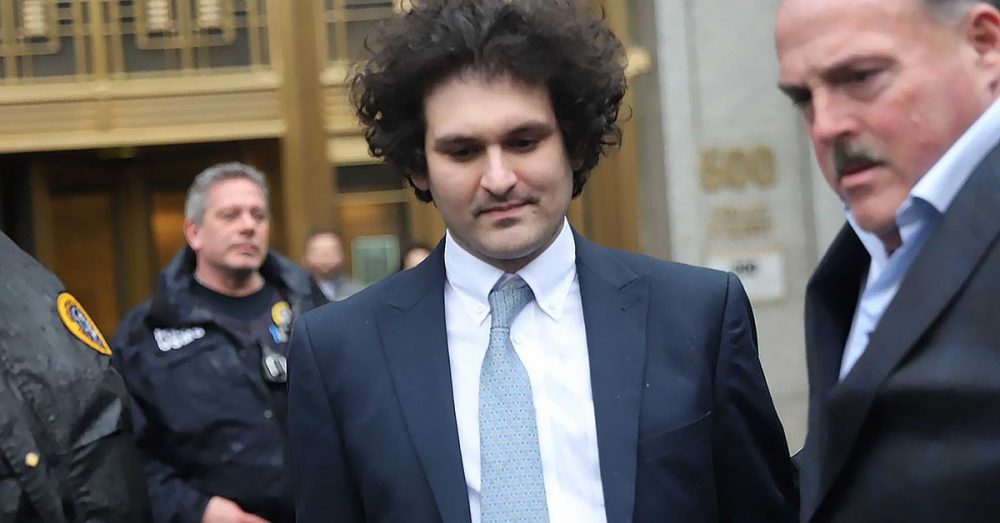Sam Bankman-Fried remains out on bond, but the New York judge overseeing his criminal fraud case said that could change if the former FTX CEO continues to defy the bail conditions set by the court.
Federal prosecutors sent a letter to the court earlier this week claiming that Bankman-Fried had violated a previous court order against using encrypted technology when he used a virtual private network (VPN) to watch the Super Bowl, and urged the court to consider stricter measures, including blocking Bankman-Fried from using cellphones, computers, or any internet-connected devices except in limited, case-related circumstances.
During Thursday’s hearing to discuss the letter, Bankman-Fried’s lawyer Mark Cohen pushed back, calling the measures “draconian” and arguing that Bankman-Fried needed access to the internet and applications like Google Docs to effectively prepare for his coming trial.
But U.S. District Court Judge Lewis Kaplan seemed to disagree with Cohen on Thursday, and even suggested the government’s proposed measures might not be enough to keep Bankman-Fried from meddling with the case or otherwise breaking the conditions of his bail.
Kaplan told the court he had “probable cause to believe” that Bankman-Fried may have committed “witness tampering,” which is a felony, and expressed doubt that he was, in fact, using a VPN to watch football.
“What was he doing watching a football game on a VPN – if that was, in fact, what he was doing – that someone can just turn on a television and watch for nothing?” Kaplan asked.
Cohen told the court that Bankman-Fried’s use of the VPN wasn’t an intentional transgression, but instead an oversight.
“The condition was no encryption,” Kaplan responded. “If there is one person in this courtroom who knew [that VPNs use encryption], I’m guessing it would be your client.”
Kaplan told prosecutors that he was concerned about their proposal to install monitoring software on a single cell phone and laptop in Bankman-Fried’s parents’ home in California, where he is currently living.
“Would I be wrong in assuming his parents have cell phones?” Kaplan asked. “A couple of Stanford professors – it seems likely.”
The prosecution’s suggestion, Kaplan argued, would “leave [Bankman-Fried] in a house with a bunch of unmonitored devices that are perfectly capable of doing what you are trying to stop him from doing.”
“Why am I being asked to turn him loose in a garden of electronic devices?” Kaplan asked.
A prosecutor told the judge that there was not really a solution to keep Bankman-Fried from accessing his parents’ devices.
“Oh, I think there is a solution,” Kaplan quipped. “It’s just not one anyone has suggested yet.”
The judge brought up the possibility that, if Bankman-Fried continues to defy the terms of his bail, revocation proceedings – a hearing to decide whether Bankman-Fried must await his trial in prison – could be on the table.
“It could get there,” Kaplan warned.
Kaplan told prosecutors and Bankman-Fried’s attorneys to work on a new set of proposed bail conditions that could more effectively monitor and prevent future issues.
“I want this to be tight,” Kaplan said.
Kaplan also made an unorthodox request of Cohen – for Bankman-Fried’s legal team to provide an independent technology expert for the court’s use, who Kaplan suggested could work “effectively like a law clerk” and counsel him on the risks posed by VPNs and “other gizmos.”
Both prosecutors and Bankman-Fried’s lawyers have until next Tuesday to submit new proposed guidelines for Bankman-Fried’s bail conditions.





